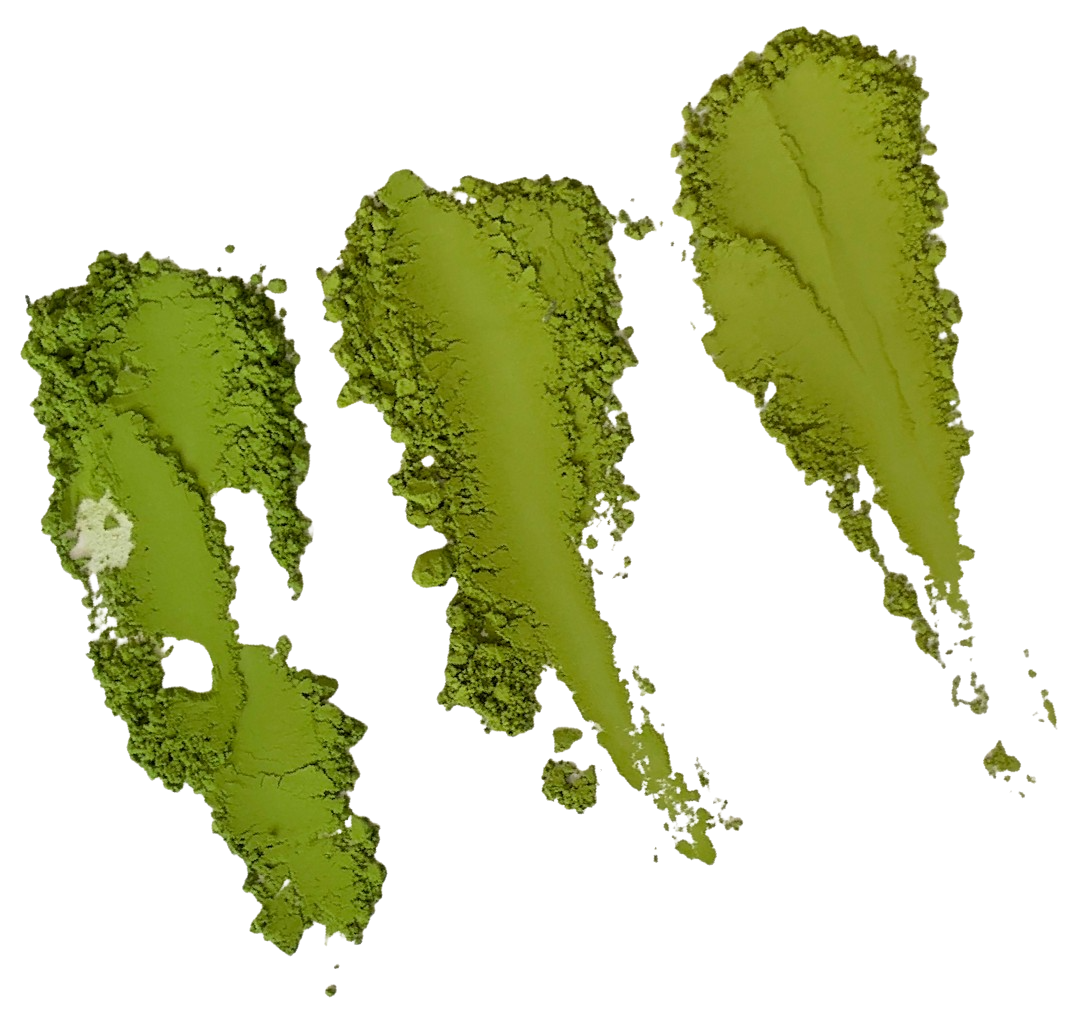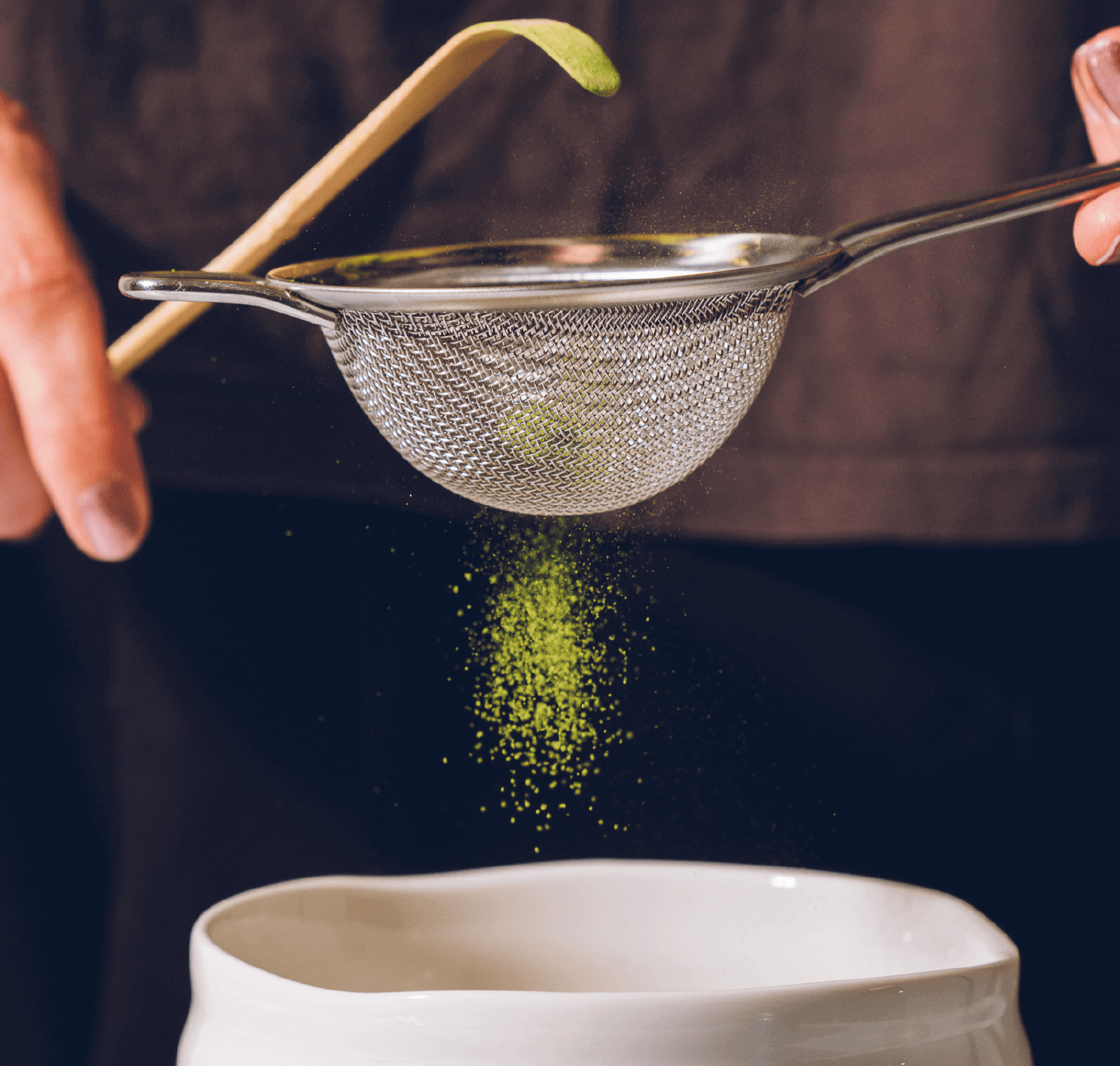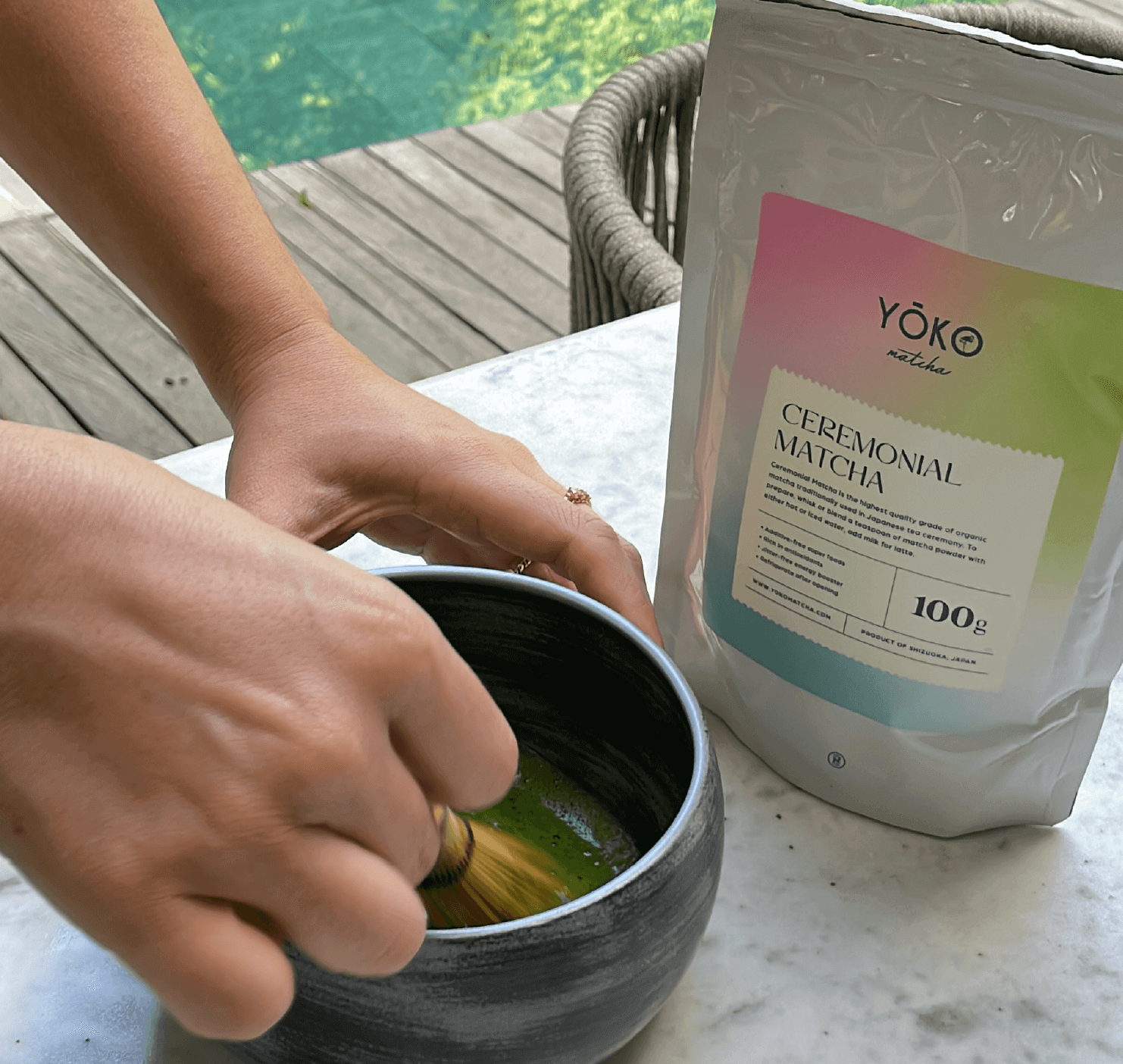
HISTORY OF MATCHA
Matcha, the exquisite powdered green tea, boasts a history as rich and deep as its vibrant color. Its origins can be traced back to ancient China during the Tang Dynasty (618-907 CE), where the practice of grinding tea leaves into a fine powder, known as "chá mó," was pioneered. However, it was in Japan, during the early Heian period (794-1185 CE), that matcha truly found its identity and purpose.
MATCHA'S ARRIVAL IN JAPAN
-
The introduction of tea to Japan can be attributed to Japanese monks who had studied in China. These monks returned with tea seeds and the knowledge of tea culture, setting the stage for matcha's evolution. Among these monks was Eisai, a pivotal figure in matcha's history. Eisai championed the medicinal properties of tea and introduced powdered tea to Japan, sowing the seeds for matcha's future.
HARMONY (WA)
The principle of harmony, "wa," underscores the importance of creating an atmosphere of peace and unity during the tea ceremony. Everything from the choice of utensils to the arrangement of the tea room should evoke a sense of harmony.
RESPECT (KEI)
"Kei" represents respect, which permeates every aspect of the tea ceremony. It involves showing reverence to the host, the guests, the utensils, and the tea itself. Even the smallest details, such as how tea utensils are handled, reflect this principle.
PURITY (SEI)
"Purity," or "sei," signifies the purity of mind and heart during the ceremony. The act of purifying utensils and the tea space before the ceremony symbolizes the quest for inner purity.
TRANQUILITY (JAKU)
The principle of "jaku" embodies tranquility. It calls for the creation of a serene and peaceful atmosphere that allows guests to escape the hustle and bustle of the outside world and find a moment of inner calm.
DECLINE AND REVIVAL
-
The Meiji period (1868-1912) saw significant changes in Japanese tea production and consumption. Traditional tea ceremonies waned in popularity as Japan modernized, leading to a decline in matcha's prominence. However, in the 20th century, matcha experienced a revival, driven by a renewed interest in Japanese culture and health benefits associated with green tea. It began to regain its status as a symbol of refinement and tradition.

THE GLOBAL MATCHA PHENOMENON
In recent years, matcha has transcended its Japanese origins to become a global sensation. Its potential health benefits, rich antioxidant content, and distinctive flavor have made it a sought-after ingredient in wellness products and a staple in trendy cafes worldwide.
Matcha has also ventured beyond the boundaries of traditional tea ceremonies. It has become a versatile ingredient in modern cuisine, finding its way into matcha lattes, desserts, and savory dishes.

A TIMELESS LEGACY
Matcha's remarkable journey from ancient China to modern global prominence is a testament to its enduring appeal. Its significance extends beyond a mere beverage; it symbolizes centuries of cultural exchange, spiritual enlightenment, and the pursuit of harmony, respect, purity, and tranquility as exemplified by Zen Master Sen-no-Rikyu.
In every cup of matcha and every meticulously prepared tea ceremony, the essence of this rich history continues to be celebrated and cherished. As matcha enthusiasts worldwide partake in this unique tradition, they connect not only with a beverage but with a profound legacy of culture, philosophy, and the pursuit of inner harmony.
